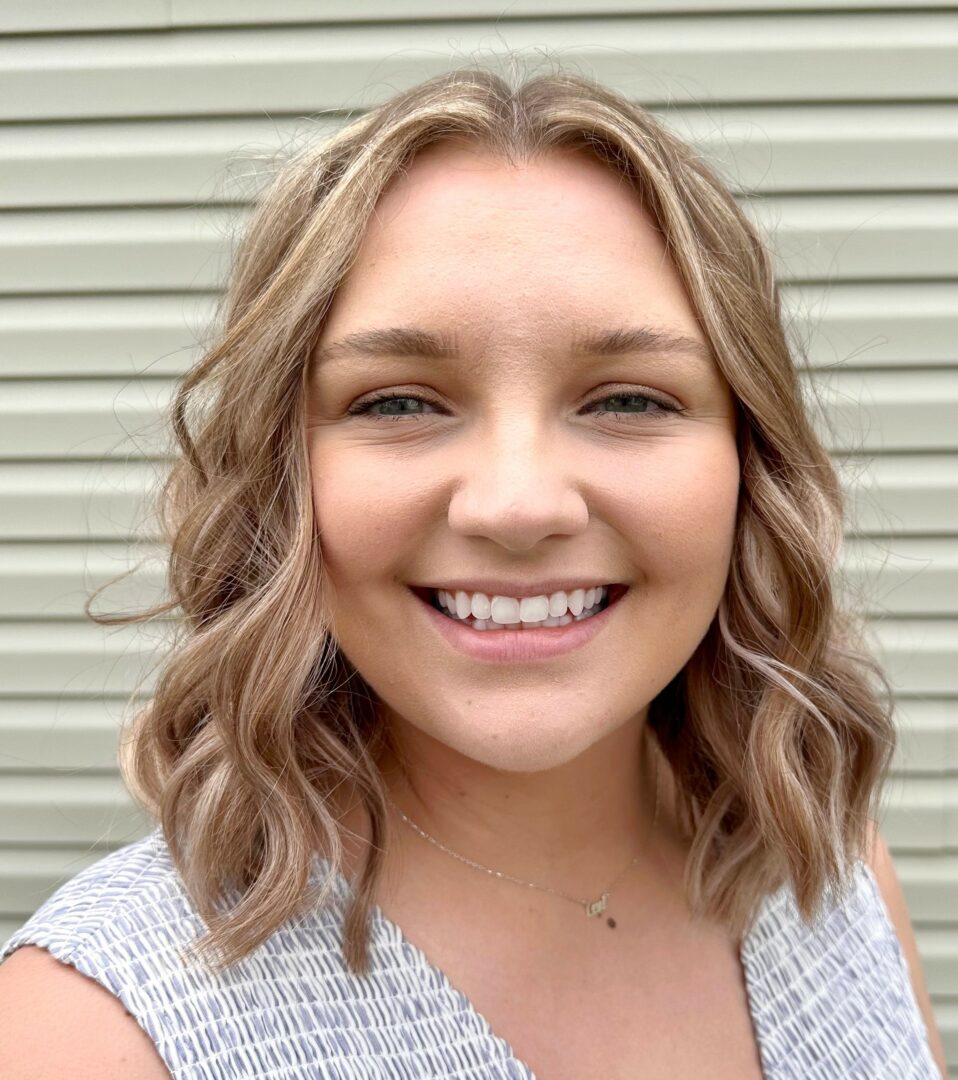We caught up with the brilliant and insightful Kalie Fish a few weeks ago and have shared our conversation below.
Kalie, we are so happy that our community is going to have a chance to learn more about you, your story and hopefully even take in some of the lessons you’ve learned along the way. Let’s start with self-care – what do you do for self-care and has it had any impact on your effectiveness?
Self-care can be an array of things, and I try really hard to engage as many aspects of it as possible. What I mean by this, is self-care doesn’t always have to be expensive, extravagant, or grand gestures toward yourself (although it can be.) Self-care is also attending to your basic needs, listening to your body and your mind, and being present with yourself in the way it’s needed most.
Self-care for me can range quite greatly on the self-care spectrum. I always ensure to be attending to my most basic of needs in order to keep myself running and prevent burnout. This includes maintaining my personal hygiene, healthy sleep habits, and nourishing my body with a balanced diet and daily exercise. I find this has helped me tremendously.
Aside from these, I also love to read and listen to audio books, blast music and dance, eat an ice cream cone, or take myself to a retail therapy session (within reason.)
Another big one for me, is maintaining firm and healthy boundaries with clients. I always make an effort to leave work at work so that I can be present for myself and my family outside of my working hours. In addition to maintaining boundaries, I also take time for myself when it’s needed. I’m a firm believer that if you don’t take time to rest your body, your body will choose when to do it for you.
I know that I can’t be fully present for anyone else in the role I take on as a therapist if I’m not there for myself first.
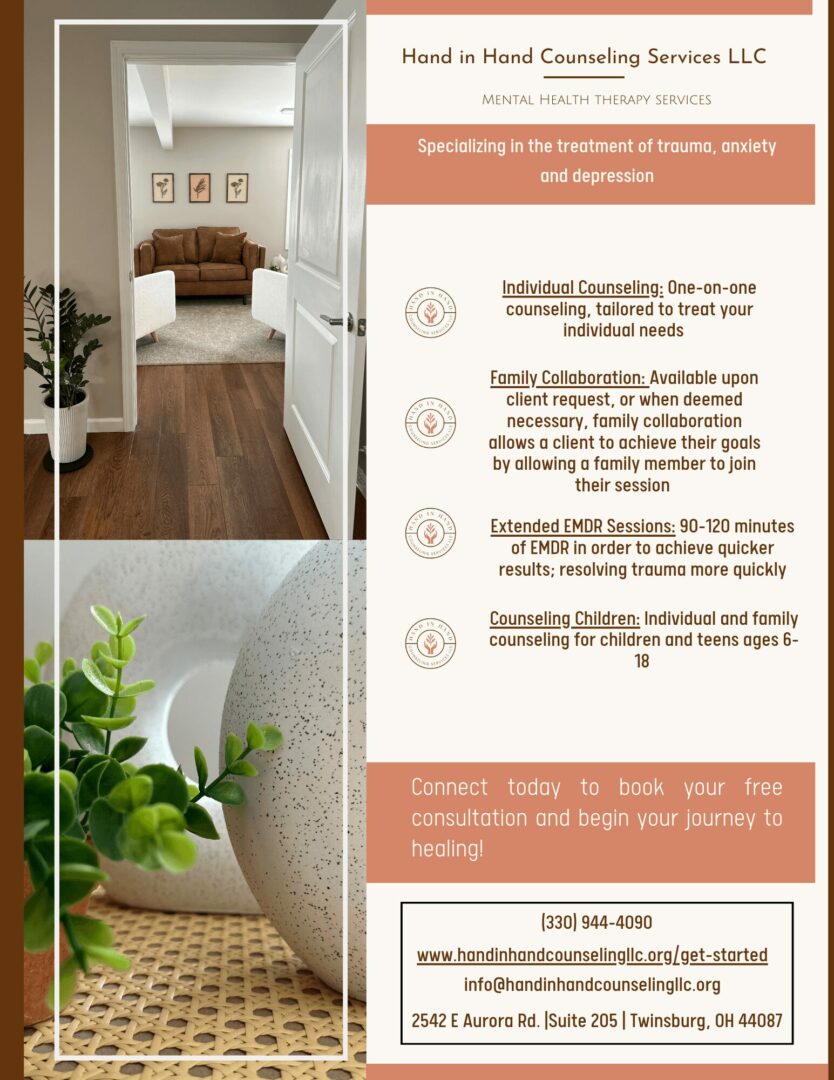
Appreciate the insights and wisdom. Before we dig deeper and ask you about the skills that matter and more, maybe you can tell our readers about yourself?
I am the owner and therapist of a small private practice, Hand In Hand Counseling Services LLC, located in Twinsburg, OH. I specialize in treatment of trauma, anxiety and depression with an eclectic style of using evidence-based treatment models including Eye Movement Desensitization and Reprocessing (EMDR), Trauma-Focused Cognitive Behavioral Therapy (TF-CBT), Dialectical Behavioral Therapy (DBT), Collaborative Assessment and Management of Suicidality (CAMS), and Internal Family Systems (IFS). I also infuse treatment with looking through the lens of Attachment theory and Polyvagal theory.
I approach treatment with clients from a more direct standpoint, ensuring accountability to treatment goals, while remaining client-centered, compassionate, humorous, and collaborative with my clients. I make sure to include clients in their own treatment and work with them in order to help them achieve progress toward their goals, develop confidence within themselves, and foster a life of healing and healthy functioning.
I am passionate about what I do because I enjoy seeing how the power of therapy can bring true healing, meaning, and function back to someone’s life. It’s such an honor to walk what can be, at times, a very dark path for some. Trauma work is not the easiest work for someone to do, but is crucial and beneficial on many levels. And I am eternally grateful to have the opportunity to be a part of that healing process for many.
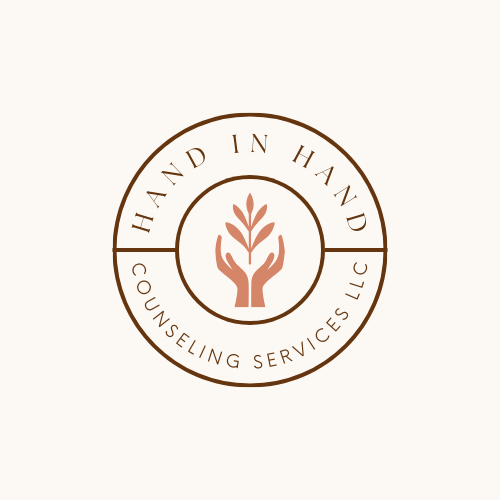
Looking back, what do you think were the three qualities, skills, or areas of knowledge that were most impactful in your journey? What advice do you have for folks who are early in their journey in terms of how they can best develop or improve on these?
Looking back, I think the three qualities that have been most impactful for me in my journey of developing my craft is flexibility, patience, and openness.
Flexibility is necessary to be able to work with people, period. I am big on boundaries, but I’m not so rigid I can’t work with others collaboratively. When it comes to life, we know people face barriers that can get in the way of treatment. I’m always willing to be as flexible as I can be in order to help people overcome barriers to treatment. Flexibility is a crucial trait to have if you desire to be accessible to people so that they can receive quality care and treatment.
Patience in the world of mental health treatment is crucial. As someone who is naturally very fast-paced and goal-oriented, patience is something I continuously work on strengthening. I say patience is absolutely necessary because most times therapy is a long game. It is not only planting the seeds, but also watering them, providing light and proper climate, and sometimes having to prune it back down, re-pot, and fertilize before you finally see the growth and the bloom. And sometimes, you might not even get to be the one that sees the blooming happen. And you have to learn to be okay with that, and being a part of a client’s process of healing.
Openness is another crucial quality because I truly don’t believe you can be the most effective clinician without it. As clinicians we should be open to all sorts of things. Open to learning about the world, ourselves, and our client’s experiences. Open to understanding different belief systems. Open to learning new modalities of treatment. Open to people, period.
My advice for those who are early in their journey of providing therapy in best developing and improving these qualities are networking and meeting other clinicians and being open to their feedback and what they have to share with you; asking your supervisors what you can do to improve or for any pertinent feedback; go into sessions as an equal rather than an “expert.” You always have just as much, if not more, to learn from clients than they may have to learn for you. Respect that, and them, and it will take you far in your personal growth.
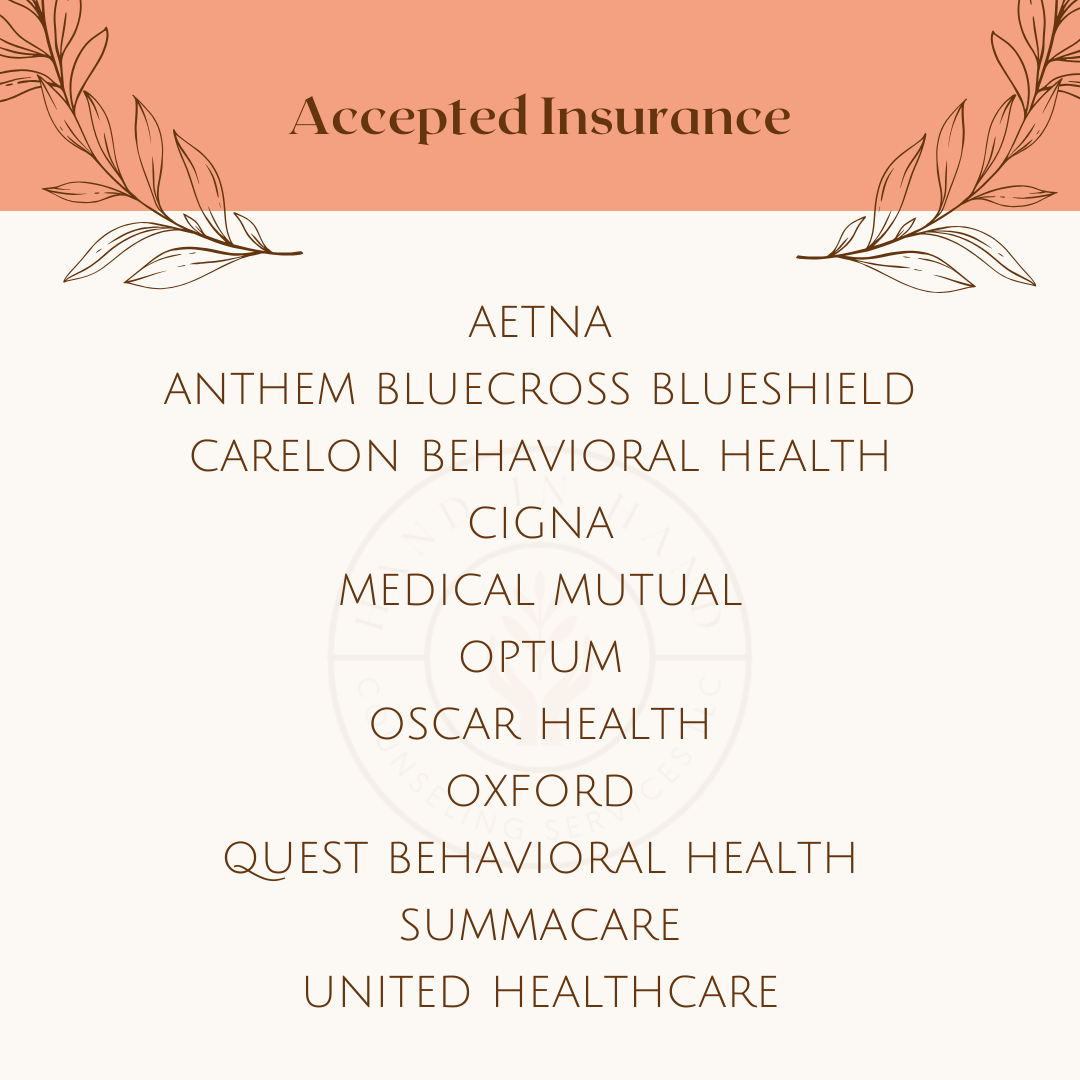
What would you advise – going all in on your strengths or investing on areas where you aren’t as strong to be more well-rounded?
I feel like it’s best to be more well rounded and work to improve ares of weakness. I’ve always believed that I’ve learned much more from every mistake, or piece of constructive feedback I’ve received throughout my career than I ever have from my wins and successes. Wins that I’ve had are the direct result of learning opportunities from mistakes I’ve made, or things I could have done better. I’m a huge feedback person. I am always wanting to know what I can improve on. It makes me a better business owner, therapist, person and helps my clients and training participants in the long run.
Contact Info:
- Website: https://www.handinhandcounselingllc.org
- Instagram: @handinhandcounselingservices
- Facebook: https://www.facebook.com/handinhandcounselingllc
- Linkedin: https://www.linkedin.com/in/kaliefishlpcc
- Other: TikTok: @handinhandcounselingllc
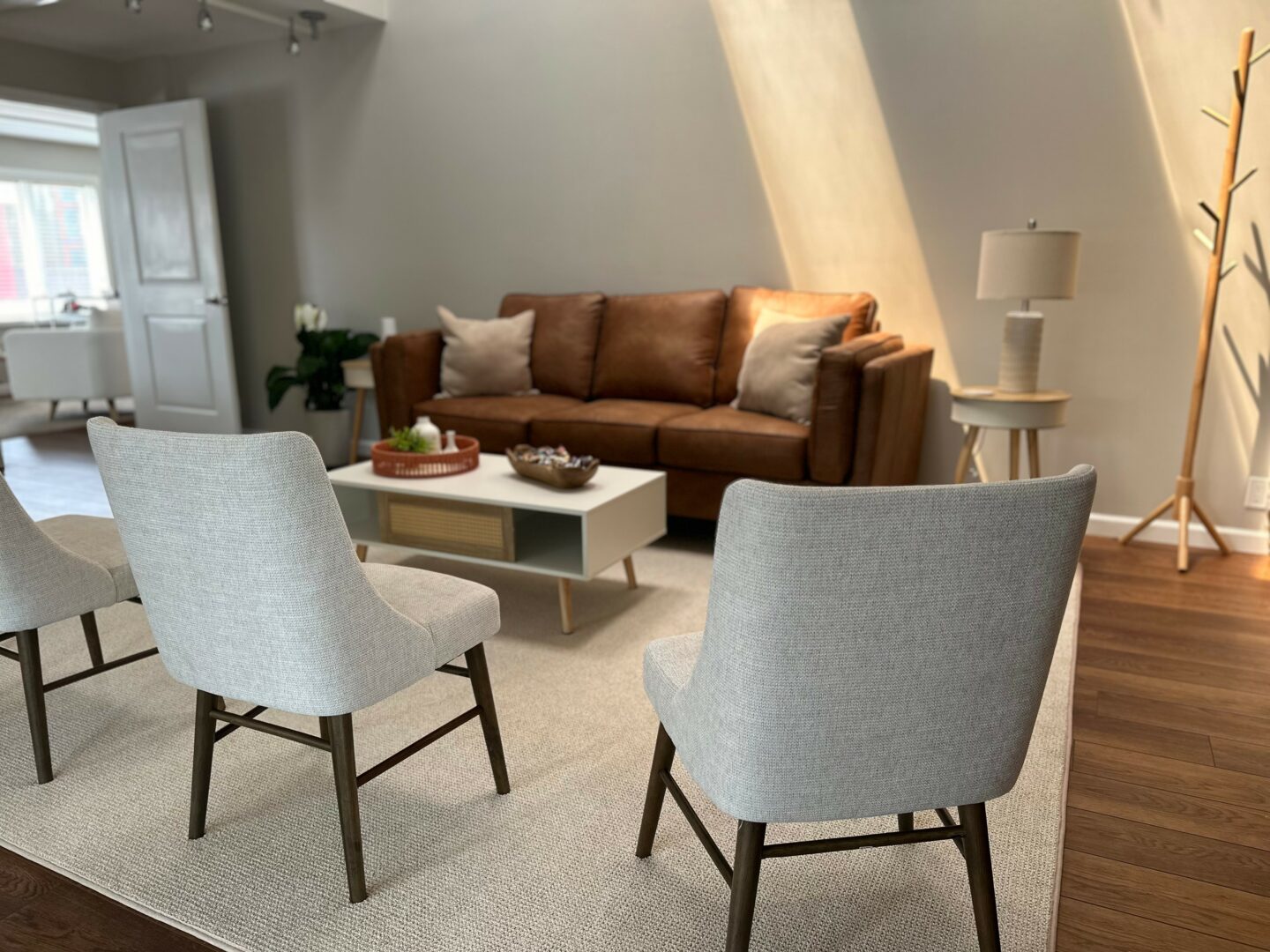
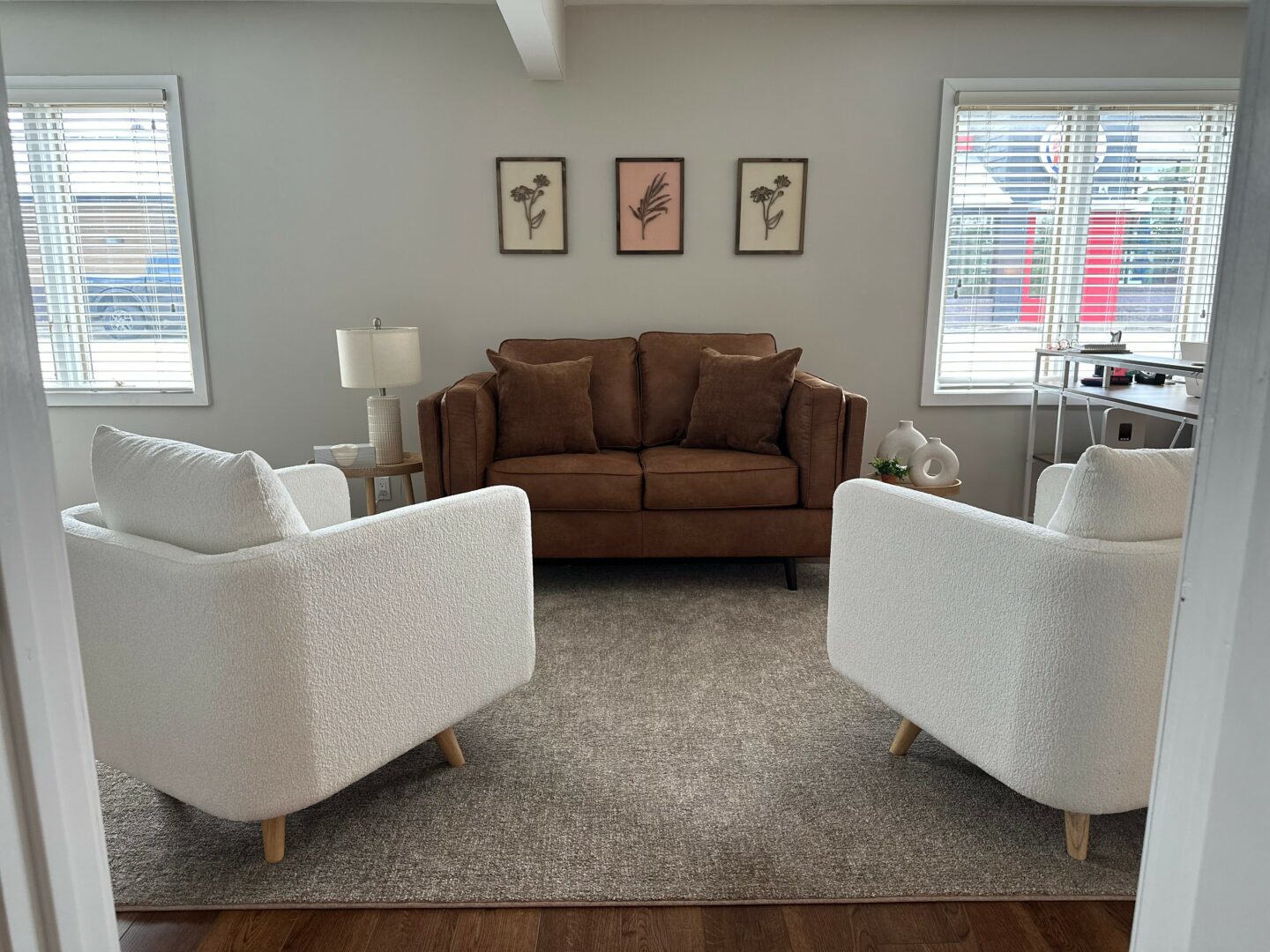
so if you or someone you know deserves recognition please let us know here.

